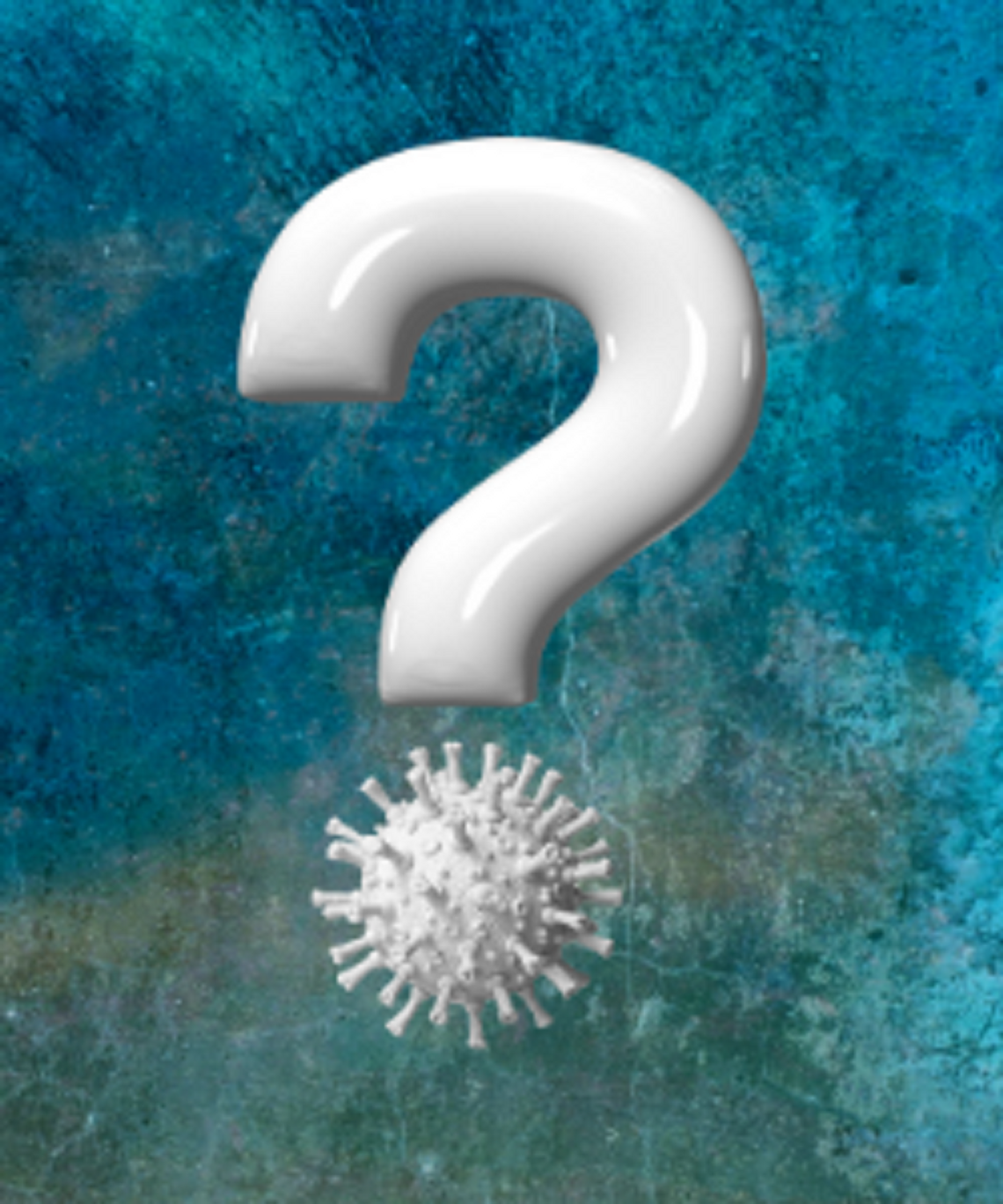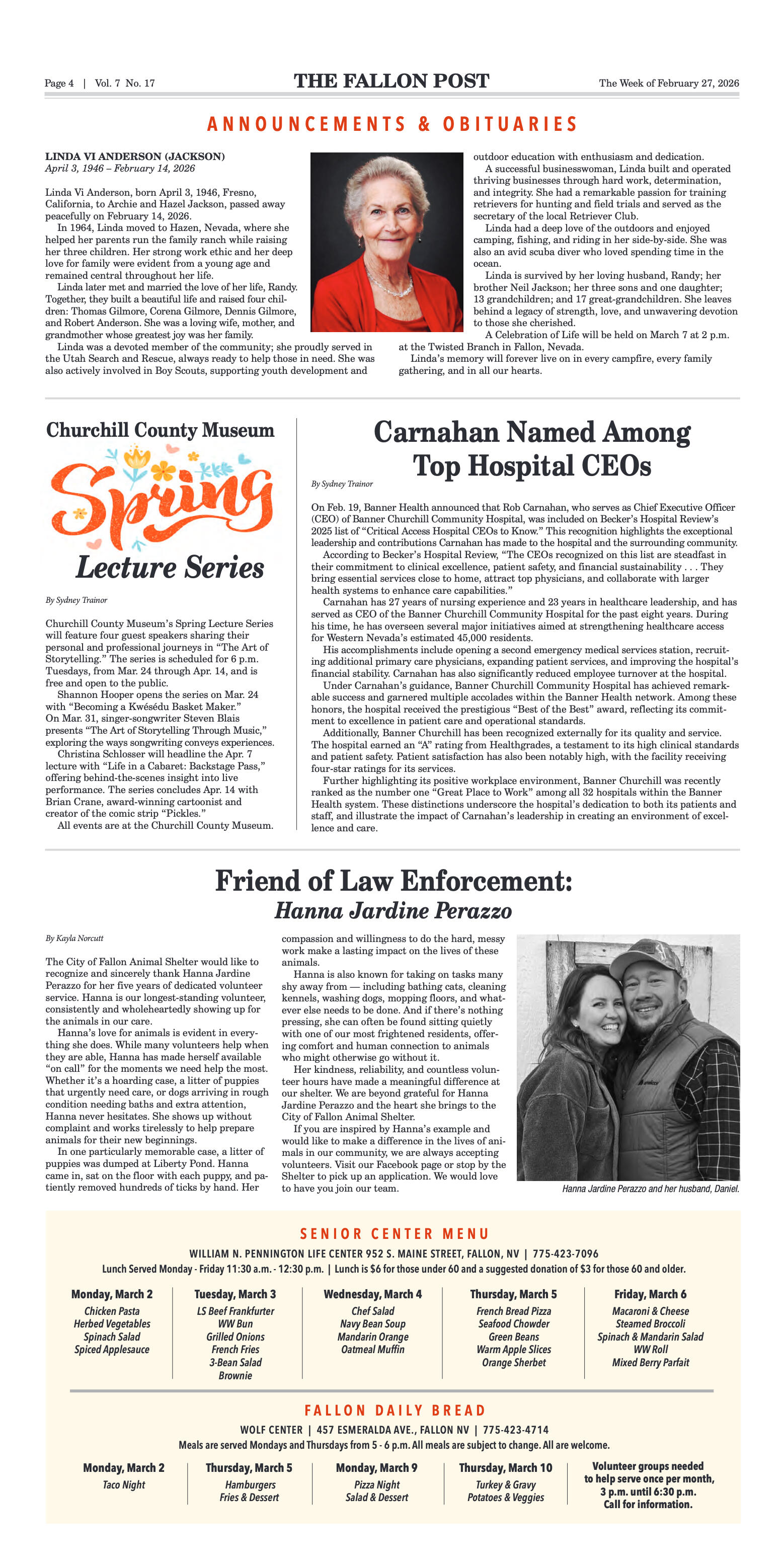Nearly a year into the global coronavirus pandemic, some question about COVID-19 have made their way back to the surface. And, after many months and much research, a few answers have too.
Can COVID-19 be contracted through food? At present, there is no evidence to indicate that food can transmit the virus. To date, there have been no reports that food or food packaging has transmitted the virus. However, like all viruses, it can survive from hours to days on hard surfaces. The Food and Drug Administration states that warmer temperatures and exposure to sunlight reduces the time the virus can survive on surfaces and objects.
Can COVID-19 be contracted through the mail or packages? Despite the virus’s ability to survive outside the body, it has low survivability as far as viruses go. According to the Center for Disease Control, “There’s likely a very, very, very low, if any, risk of spread from products or packaging that is shipped over a period of days or weeks in ambient air temperatures.”
Can COVID-19 be contracted through animals? The exact source of the Covid-19 coronavirus is unknown. However, it is suspected that it came from a bat, says the CDC. “At this time, there is no evidence that animals play a significant role in spreading the virus to humans. However, it appears that in some situations, people can spread the virus to animals, and people with suspected or confirmed cases should avoid contact with pets, livestock, and wildlife."
Does COVID-19 spread to people through the water in hot tubs, pools, or water playgrounds? The CDC states that they are not aware of any scientific reports of the virus spreading through the water in these areas.
Can children get COVID-19? Like adults, children and young people can contract the virus. However, they are most often asymptomatic or experience much milder symptoms (like a low-grade fever, mild cough, and fatigue) than older individuals. Early studies suggested that children did not spread the virus, but the CDC states that more recent studies conclude that children can also transmit COVID-19 to others.
Should pregnant women who plan to nurse be vaccinated? According to a recently published article by the Harvard Medical School, the World Health Organization (WHO), recommends against the mRNA vaccine for pregnant women unless the benefit outweighs the potential risks. “There is a lot we still do not know about the safety of the vaccines in these populations and the actual risk of severe COVID-19 illness and death among pregnant individuals is very low.” The CDC, on the other hand, recommends the vaccination. Both organizations strongly encourage pregnant women to consult their doctors as they are in the best position to advise and consider personal health risks and preferences.
Is it okay to make jokes about COVID-19? In short, yes. Laughter really is the best medicine, and psychologists agree that humor can be an effective coping mechanism. While not everyone may appreciate a witty COVID-ism, for many, it can offer a bit of relief from COVID fatigue. COVID fatigue occurs when a person reaches the end of their ability to cope with the constant exposure to pandemic stressors and is experiencing mental and physical symptoms. These could be loneliness, anger, depression, anxiety, isolation, or even increased alcohol consumption and substance abuse.
While it is not a cure-all, it certainly has benefits. “Humor helps people take back their sense of power in a powerless situation and it helps them connect with others—two things we have lost during this pandemic,” according to a recent report by Sherri Gordon in VeryWellMind. But the advantages do not stop there.
There is scientific evidence that laughter reduces stress-related hormones while it activates feel-good hormones in the brain. It also increases the number of cells that produced antibodies, enhances our T-cells (crucial for adaptive immunity), and helps support our immune response. All of this equates to a more robust immune system.
Studies also show that humor has the ability to provide pain relief, help manage stress, expand positive emotions, and improve communication with others, according to Gordon. In fact, people experience a 39% reduction in stress just by anticipating humor.
So, go ahead and laugh about it.
As for the current status of COVID-19 in Churchill County, there is a continued downward trend in positive test cases with no new deaths or hospitalizations reported as of February 23.













































Comment
Comments